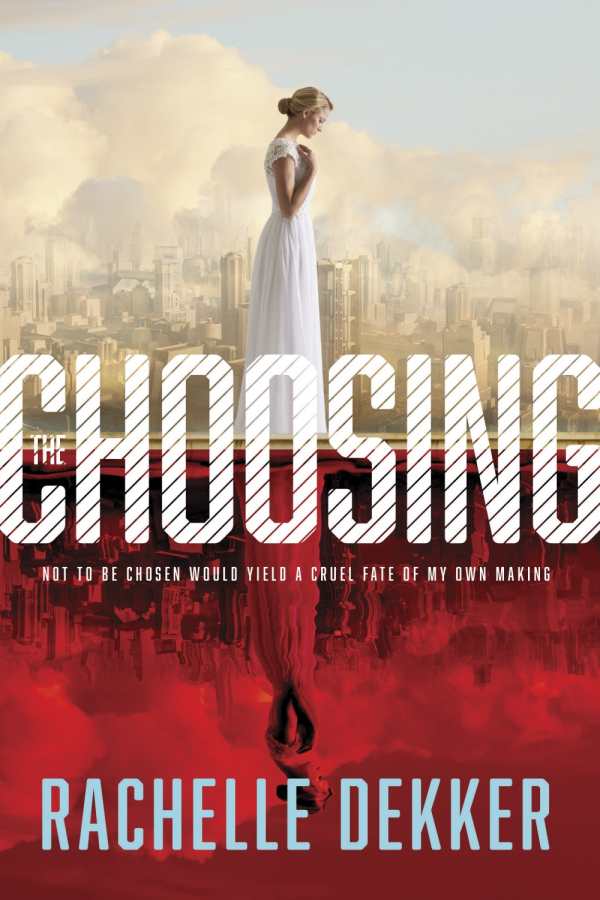The Choosing
A heroine in a dystopian theocracy struggles to find her own spiritual path, in this tale of love, danger, and religious awakening.
In a postapocalyptic society, the book of Veritas demands that worthy men choose a lucky few women to be their wives. Unselected women are stripped of their social status and condemned to permanent menial labor. Carrington Hale has spent her life preparing for her choosing ceremony, but despite her best efforts, no man selects her. As she navigates self-doubt and despair, she receives an unusual chance to regain what she’s lost. At the same time, a nomadic spiritual leader forces her to question the rules she’s taken for granted all her life.
Thematically, The Choosing bears a strong resemblance to Ally Condie’s Matched. It is of a type of YA literature, initially spawned by The Hunger Games, where a lone heroine resists the arbitrary rules of a tyrannical, dystopian government in the name of love. However, as compared to that of other teen dystopian novels, Carrington’s experience deals with spiritual maturity. Though the book incorporates imagery most often associated with Christianity, such as sacrifice, a single central father-figure deity, and love, it does not overtly associate itself with a specific denomination.
Carrington is a stock character, but the book bravely uses her to address the problem of domestic violence. The treatment of her abuse allows the heroine to triumph over adversity mentally and emotionally, rather than physically, which may frustrate some results-oriented readers. Carrington never saves herself but tends to be removed from bad situations by men who want to rescue her.
The Choosing is likely to be most viable in a spiritual context, such as a religious institution. Ripe for discussion, it may inspire some readers to open up about the social pressures that they feel both in and out of their faith community. Expect it to appeal to dystopian fans of all ages.
Reviewed by
Anna Call
Disclosure: This article is not an endorsement, but a review. The publisher of this book provided free copies of the book to have their book reviewed by a professional reviewer. No fee was paid by the publisher for this review. Foreword Reviews only recommends books that we love. Foreword Magazine, Inc. is disclosing this in accordance with the Federal Trade Commission’s 16 CFR, Part 255.

